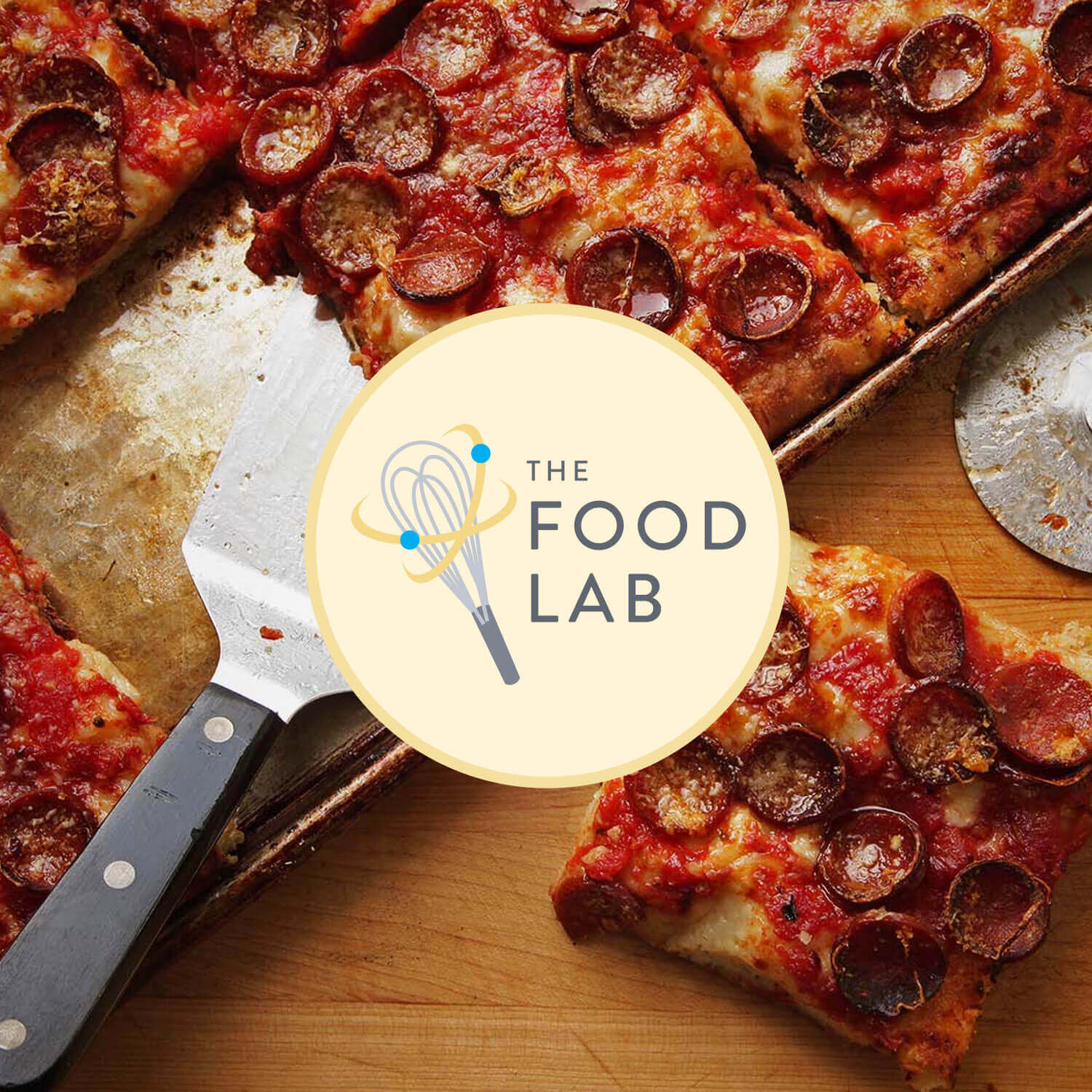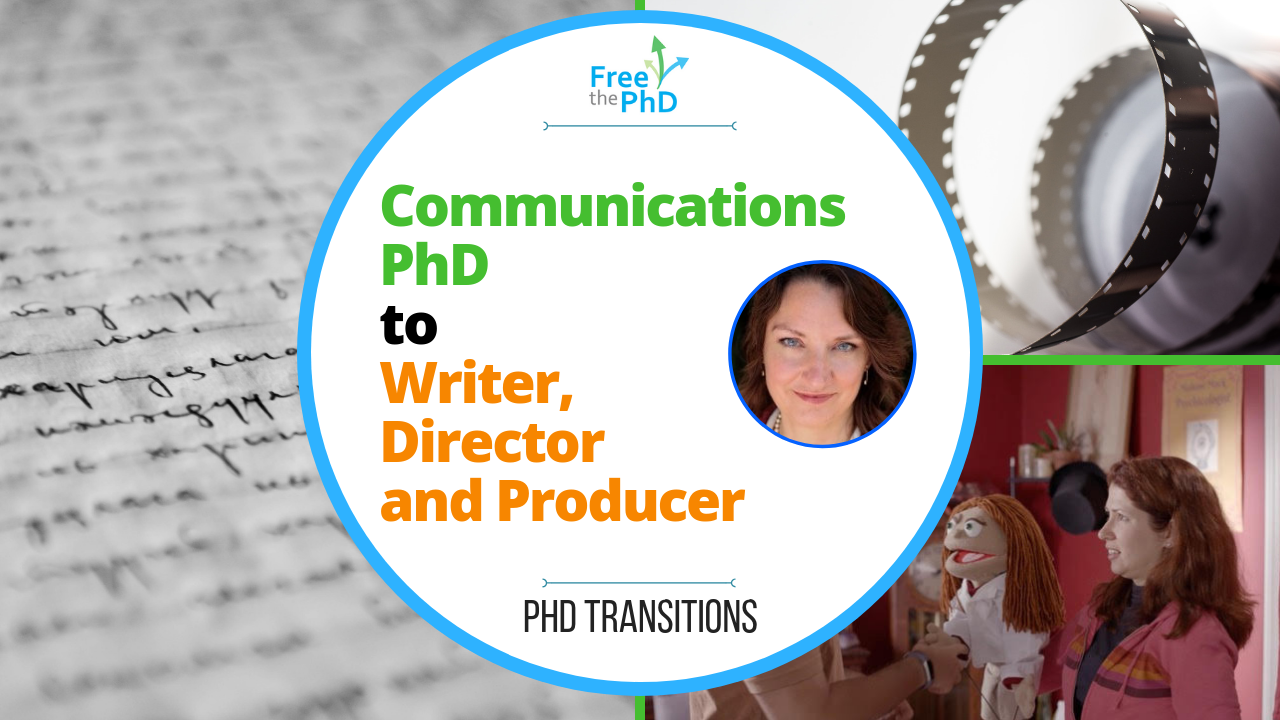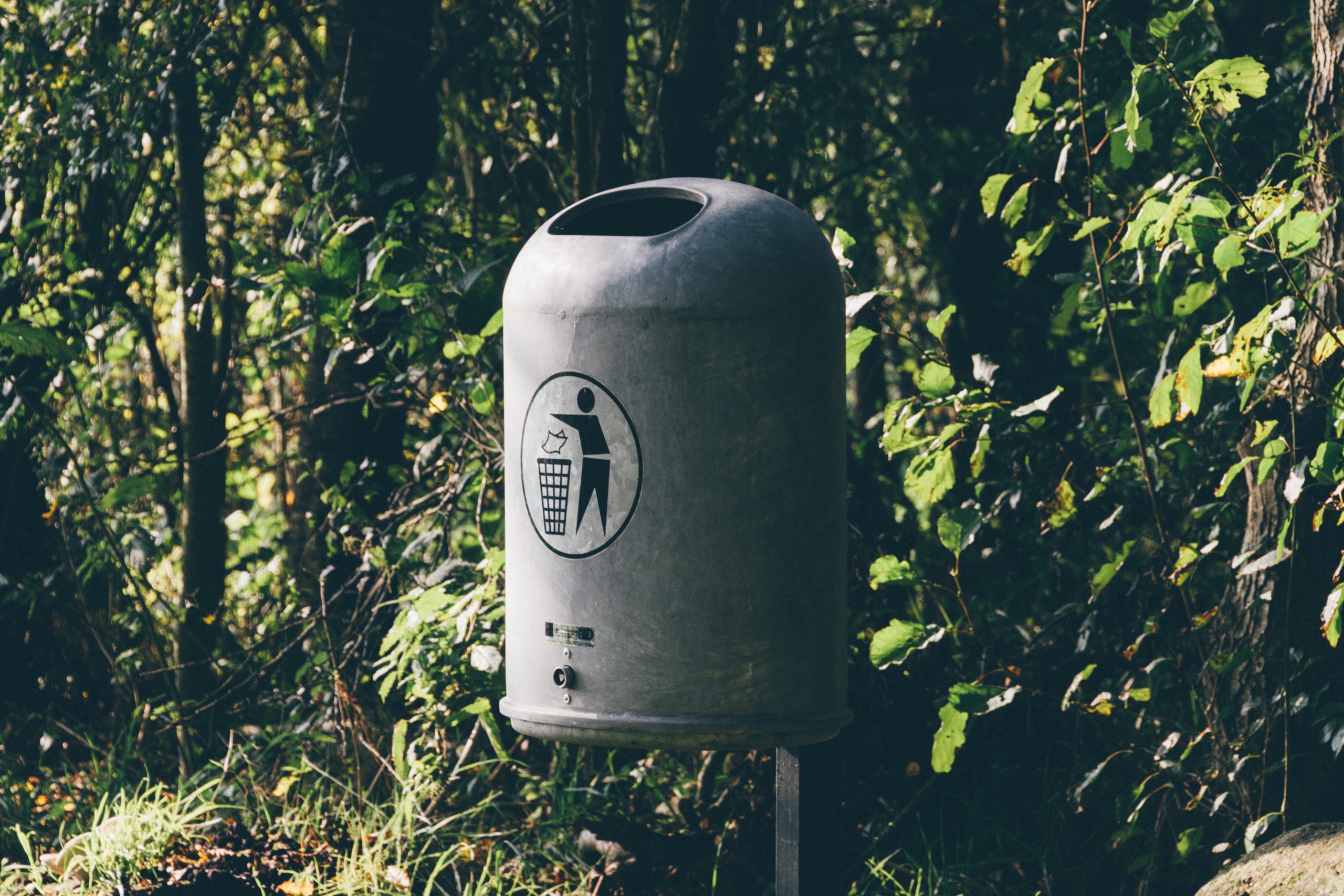Now I don’t know about you, but I LOVE food!
And when it comes to food, I’m always thinking about:
- The chemistry of heating and cooling carbohydrates and fats and proteins.
- The engineering principles behind the crunch and snap of cellular walls in my fresh veggies.
- The fluid dynamics of my egg ooze, or the complex elasticity of the melted cheese on my pizza as it stretches between the plate and my mouth.
…actually, just kidding.
I’m way too busy stuffing my face to be thinking about the science of cooking or food when it’s time to dine. But luckily, there are plenty of nerds out there who bring science into the kitchen, and the kitchen into the lab, all for the benefit of our taste buds and neural circuits governing gustation and olfaction and all-around happiness.
But I digress.
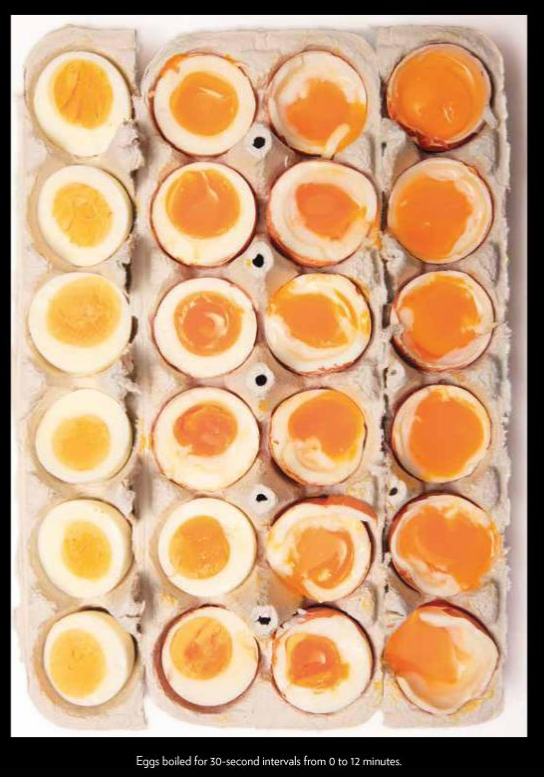
A Food Lab “Eggsperiment”: oozing with flavor.
This week, our household acquired the book The Food Lab – Better Home Cooking Through Science, by Serious Eats resident nerd and culinary master Kenji López-Alt. It’s been out for a bit now, but what hit me harder than three double-fried Oreos was the introduction, where we learn where Kenji got his start.
Turns out he didn’t plan to become a famous, passionate, self-driven researcher and developer of recipes when he grew up.
But he did plan to be a researcher.
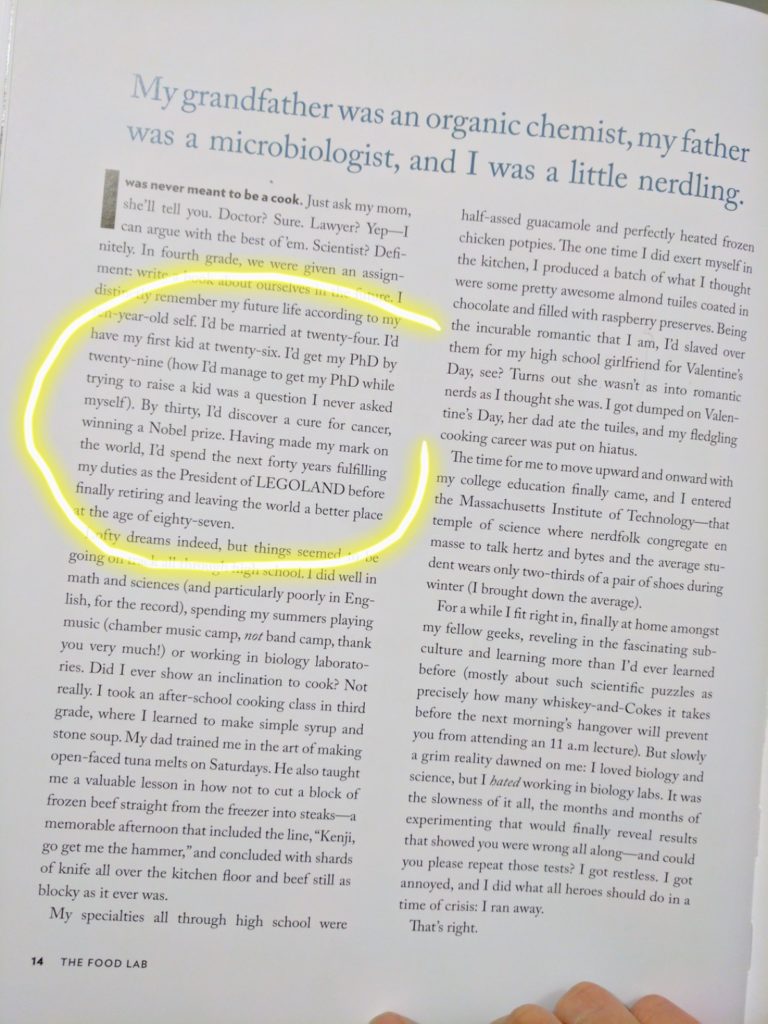
“I’d be married at twenty-four. I’d have my first kid at twenty-six. I’d get my PhD by twenty-nine…by thirty, I’d discover a cure for cancer, winning a Nobel prize. Having made my mark on the world, I’d spend the next forty years fulfilling my duties as the President of LEGOLAND before finally retiring and leaving the world a better place at the age of eighty-seven.” – Kenji López-Alt, The Food Lab.
He read my mind…
Kenji left the lab far earlier than many of us who love science and gave it a shot in the first place most of us encounter it: the academic setting.
Many continue onwards from this experience through a graduate degree, postdocs, and into traditional academic research careers. They make scientific impacts in this role and love what they do.
While many others, including myself, experience something different.
Something Kenji describes with pinpoint accuracy (as usual):
“…slowly a grim reality dawned on me: I loved biology and science, but I hated working in biology labs. It was the slowness of it all, the months and months of experimenting that would finally reveal results that showed you were wrong all along – and could you please repeat those tests?”
I openly admit that when I was doing my thesis research, I never quite got the thrill that I do reading about experiments, communicating about science, understanding human and animal behavior in the real world, and finding ways to make a scientific impact in other spheres of society.
I now know it’s not because I hadn’t tried hard enough.
Or that maybe I just needed to dig deeper into a subject to really “get into it”.
Or that I’m lazy.
I’ve tried. I’ve dug pretty damn deep. And I’ve worked hard.
You know what? It’s just not for me. The pace, the objectives, the work environment; they’re just not the right fit.
And instead of trying to force myself into a box that’s the wrong shape for me, I’ve decided that this is ok. Let’s find a different box.
A job like Kenji’s sounds like a dream come true: get paid to investigate, test, hypothesize, retest, communicate about and create amazing food. He put in the hard work to make this career possible – without necessarily planning for this particular job – by spending his time diving into a subject he could persevere in.
And his nerdiness has never gone away.
I find great inspiration in reading the Food Lab. Not only does it make me itch to try my hand at replicating his experimental results, but it beautifully describes what it really means to live your life with science at its center.
You don’t have to be in an academic institution, doing only a certain kind of work, to make a scientific impact in the world.
“Your degree or environment doesn’t make something scientific. You do.“
Scientific discovery is everywhere – even on our plates.
And you know what? I actually do wonder what percentage of the bacteria in my yogurt make it alive into my gut to work their pro-biotic magic. I’m curious if I can modify my genetics so I can drink a tall glass of milk again, without regretting the decision all night. I want to hook up an EEG when I’m depressed vs when I’m happy to understand where these sad feelings come from, and how I can modulate them at will.
You can take the scientist out of the lab, but you can never take the science out of the scientist.
There’s more than one way to make an impact in the world, and entering the tasty world of the Food Lab is a great reminder of this truth.
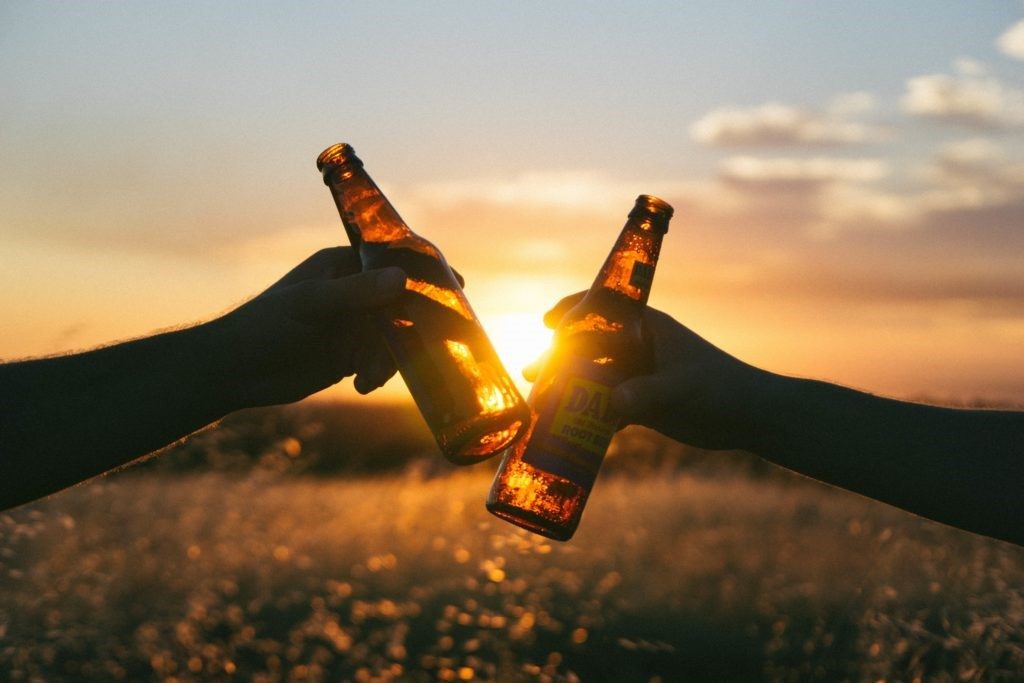
Cheers to making a scientific impact, wherever you are.
By Vay Cao, Ph.D.

